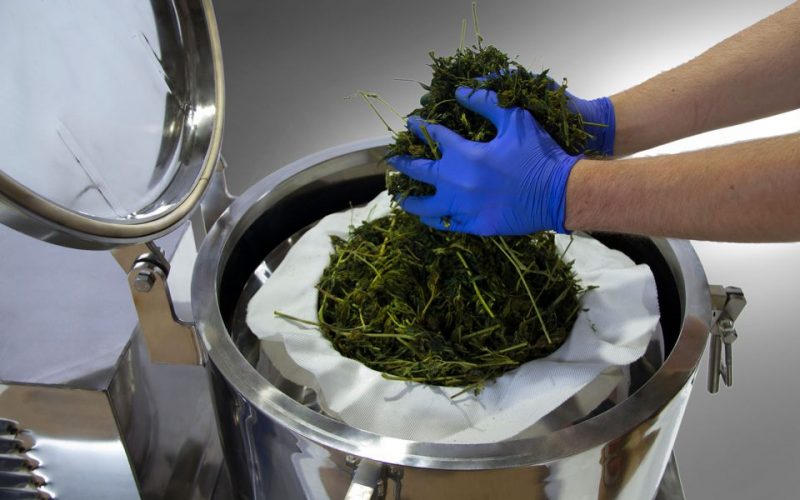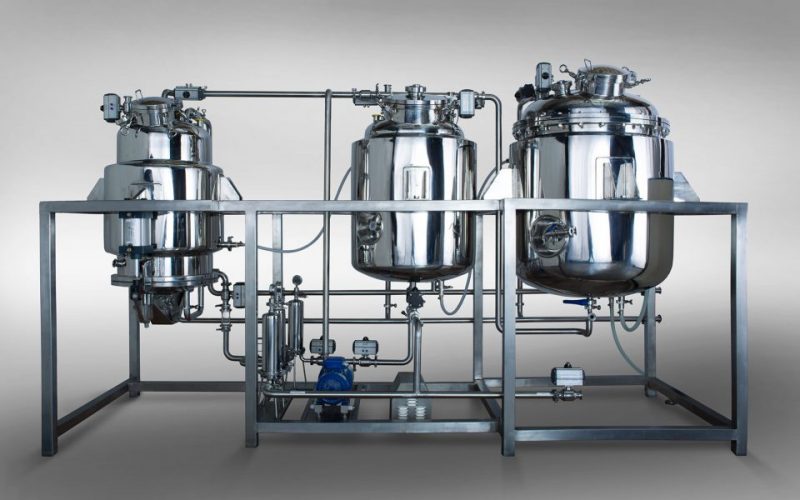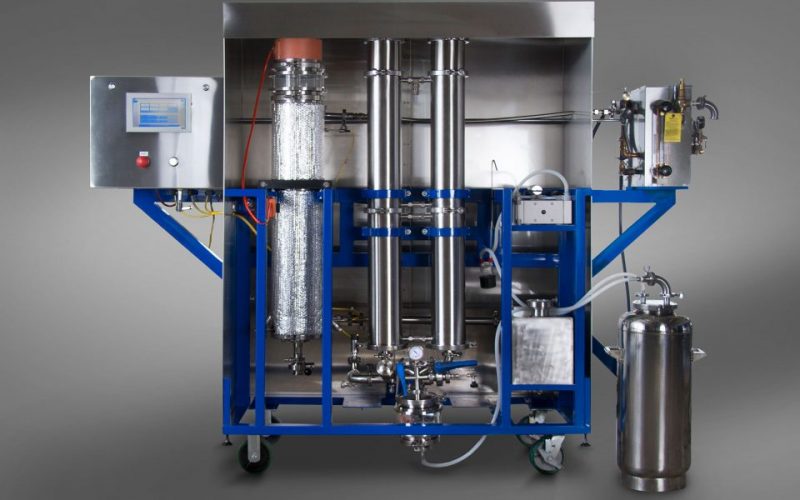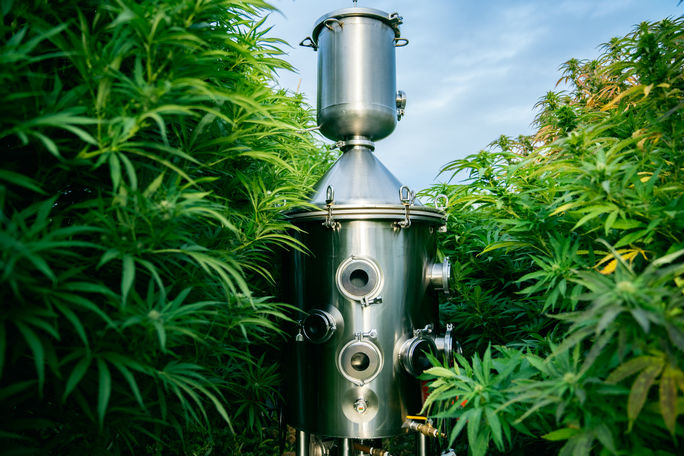Awareness around the anti-inflammatory and pain-busting qualities of cannabidiol, or CBD, has helped propel the cannabinoid compound into the mainstream recently. In just the last few months, the FDA rescheduled a CBD-based pharmaceutical from schedule one to schedule five, a move that promises to make it easier for medical researchers to study the potential benefits of CBD.
Industry watchers feel the move also sets the stage for a national CBD market with more clear rules to take shape soon. Based on early and promising research into the effects of CBD, though, the market for products containing hemp-derived CBD is already heating up.
CBD Today
Those in the CBD business, or looking to enter it, are already on the hunt for more efficient methods of extracting CBD from hemp. That hunt is driven by the need for new tools to keep up with growing demand, and to prepare for a federally regulated market that many predict will arrive soon.
With new players entering that market every day, the technology needed to harness the plant’s power is progressing faster than ever before. This innovation is being driven by companies such as Capna Systems, a leader in the development of ethanol extraction equipment. Extractions using ethanol have evolved into one of the safest and most efficient methods for extracting CBD from hemp fiber.

The Road to Ethanol Extraction
Capna Systems is a leader in cutting-edge extraction methods, specializing in using ethanol—as opposed to CO2 or hydrocarbons—to harvest CBD from hemp. The ethanol-based process allows Capna Systems technology to extract 98.5 percent of CBD present in the plant without the need for any post-processing.
Capna’s suite of solutions includes the Atles, which can extract CBD from up to 40 pounds of hemp in around 30 minutes. Advanced tools like the Ares falling film evaporator and Ceres centrifuge complete the system and maximize the reusability of the ethanol, helping control costs for processors.
While Capna Systems, then known as Capna Labs, got started in CO2 extraction, the team quickly became frustrated with the difficulties they encountered in scaling that extraction technology. And following an accident in the lab while exploring butane extraction techniques, the team quickly lost interest in that technology. Instead, Capna pursued its own way forward, pioneering new techniques for ethanol extraction.
“In our early years at Capna Labs, we always knew that a clean and scalable extraction solution was going to be key to staying at the forefront of this industry,” said Capna’s chief technology officer Gene Galyuk. “It was obvious that maximizing profits through an efficient extraction method would be a must, but we also knew that we had to prepare for the day when federal oversight came to the industry. These factors made it clear that the way forward for us was not to do what everyone else was doing, but to forge our own path by developing new techniques and tools for ethanol extraction.”

Why Ethanol Extraction?
Not only is ethanol efficient in extracting CBD from plant material, it’s classified “Generally Regarded as Safe” by the FDA and is already used in many common foods and medicines. “One benefit of our patented technology is that it can be used to extract both CBD-rich and THC-rich plant material,” says Galyuk.
Capna’s system is not only safe and efficient, it’s at the very forefront of ethanol-extraction technology. “We are the only system on the market that can directly plumb a reduction device like a rotary evaporator,” said Noe Garcia, chief revenue officer for Capna systems. “That allows Capna customers to skip processes like winterization and filtration, saving them both time and labor.”
Scaling and Simplicity
Capna has been able to scale up its ethanol extraction technology for high-volume hemp businesses, while still keeping the system as simple as possible. “The solution that is coming out of our systems does not need to be winterized nor filtered to get rid of chlorophyll,” says Garcia. “That means the real-world throughput is much higher than that of a system that is rated higher but requires post-processing.”
While the Atles is about maximum extraction efficiency, tools such as the Ares falling film evaporator and Ceres centrifuge allow extractors to retain and reuse the ethanol used during extractions.
“The Ceres centrifuge will let labs recover up to 97 percent of the ethanol used during an extraction, allowing for the reuse of that ethanol in further extractions,” says Galyuk.

Meanwhile, the Capna Systems Ares falling film evaporator is a hyper-efficient update to the rotary evaporator, providing the throughput of six 50-liter rotary evaporators while using the energy of just one. It also eliminates the reduction phase employed by other kinds of extraction, further simplifying and streamlining the process.
This new system builds on Capna’s success with its flagship Ethos-4 ethanol extraction system. The popularity of that system prompted Capna to grow its manufacturing facility by nearly six times in one year just to meet demand, and led to the development of the higher capacity Ethos-6 system.
To get a hands-on experience with all of Capna’s extraction systems, find Capna Systems at MJBizCon this November in Las Vegas. And since Capna will be hosting a giveaway for one of the $90,000 systems, one lucky cannabis processor will go home with a new addition to their extraction arsenal.
 Based on +200
reviews
Based on +200
reviews



